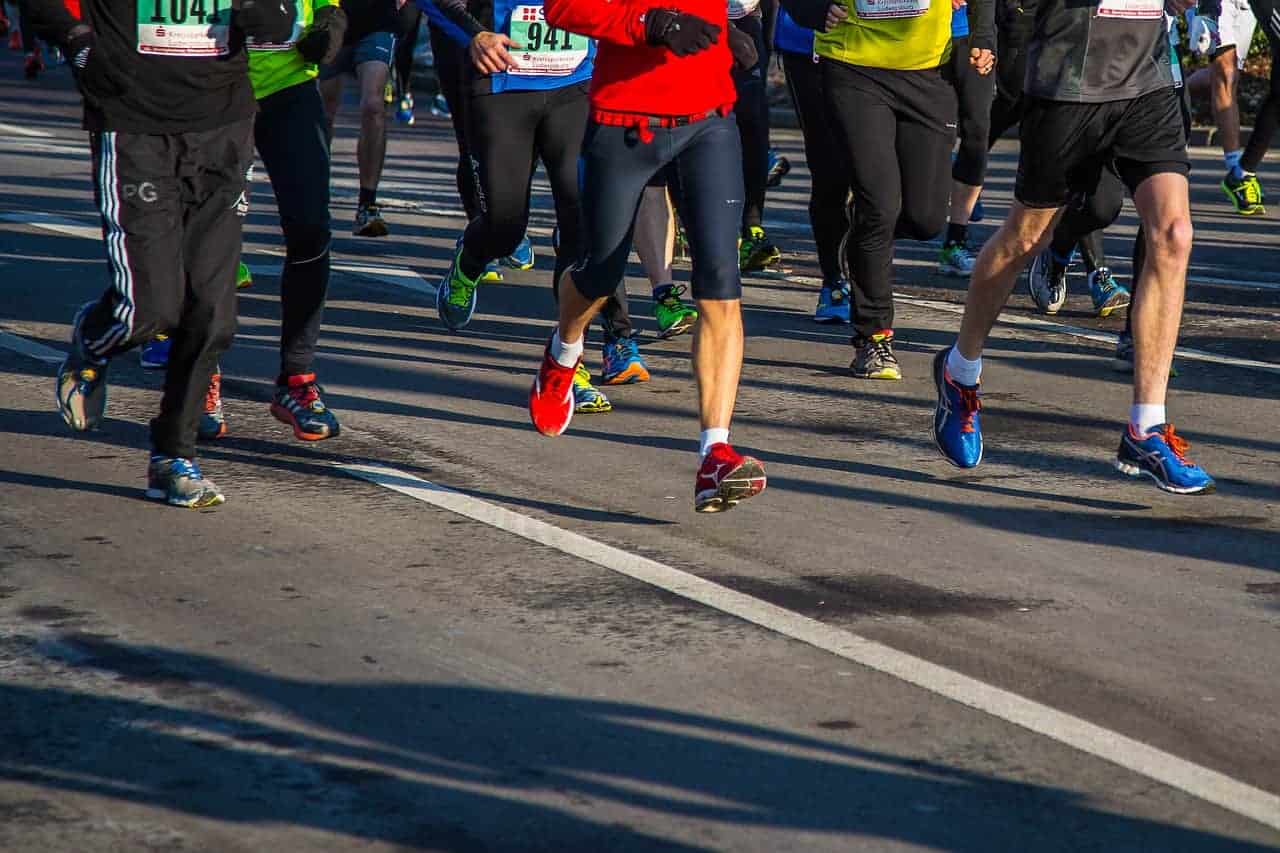There is no denying that a marathon is an extraordinarily long distance to run and the effects it has on the body can be enormous.
No part of the body is more affected than your feet.
From the intense training regime to the 26.2 miles of constant pounding on hard concrete, it is crucial you look after your feet before and after the London Marathon.
There are many injuries that can be picked up whilst training such as blisters, callus build-up, cracks in the heal and ingrown toenails. Vigorous long-distance running can amplify these injuries but also cause nail damage and even loss of a toenail.
Caring for your feet post marathon is extremely important and visiting a podiatrist is advised to reduce the possibility of long-term damage which could be irreversible.
The key to post-race recovery starts with putting your feet up, relax them with some rest and then think about booking a podiatrist appointment roughly 3 days after your marathon. This will allow any soft tissue that has become inflamed to reduce.
If you have nail damage:
It is important that any pain caused by nail damage be investigated by a podiatrist, this could be from a loose nail to a build-up of pressure from a blood blister under the nail. Following trauma never force the removal of a nail or attempt ‘home-surgery’ as you are likely to create a nail bed infection and increase the risk of causing more long-term damage – leave this to a podiatrist.
If the nail damage isn’t significant nor causing any pain, you can protect it to reduce any further damage and monitor it’s healing. If the area doesn’t heal or begins to become painful it is advisable to book in with a podiatrist for medical help.
If you have excessive swelling and bruising:
These two symptoms can be a key indicator of a fracture, even in the absence of noticeable pain.
In some cases, adrenaline from running the marathon can conceal the pain caused by the fracture and the runner will push on and either ignore the warning signs or simply not register the pain. If swelling occurs for a prolonged period of time or a new bruise develops up to a couple of days post marathon, it is recommended that you seek advice from a podiatrist or visit a GP.
Post race foot care is an extremely important part of your post-race aftercare and will speed up your recovery time and in turn, will mean you can begin training for your next marathon quicker and with healthy feet.
If you would like to incorporate a podiatry appointment into your marathon training or book in for a post-marathon foot care appointment, you can book an appointment online.



